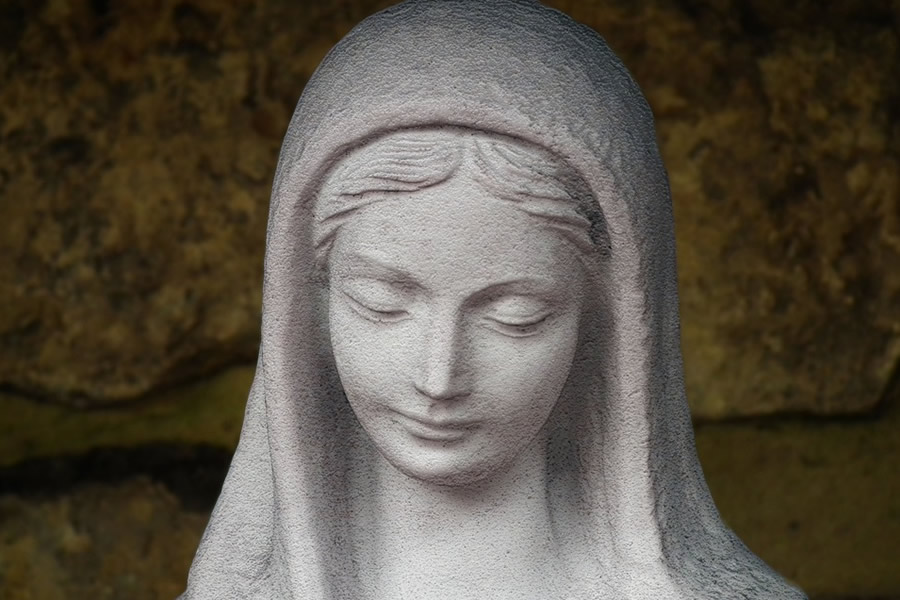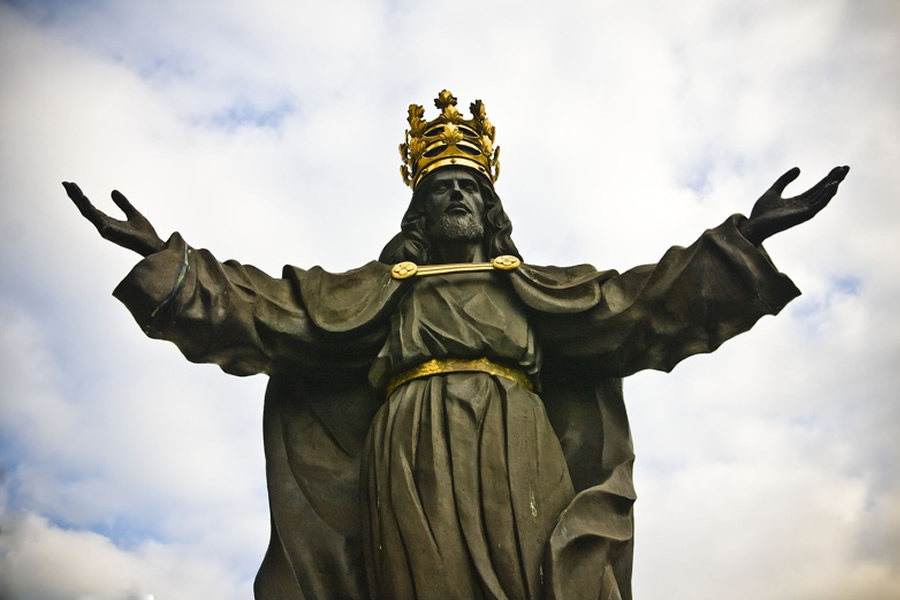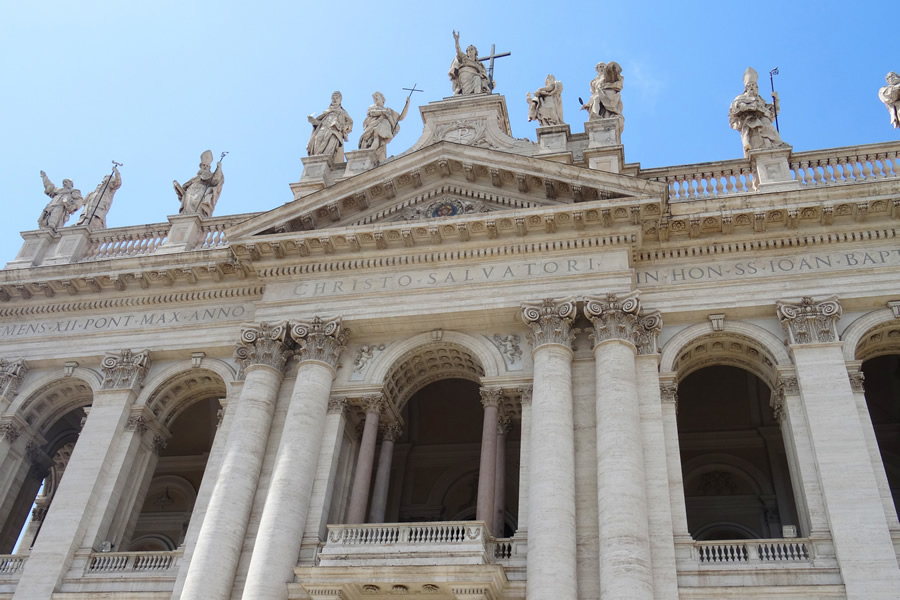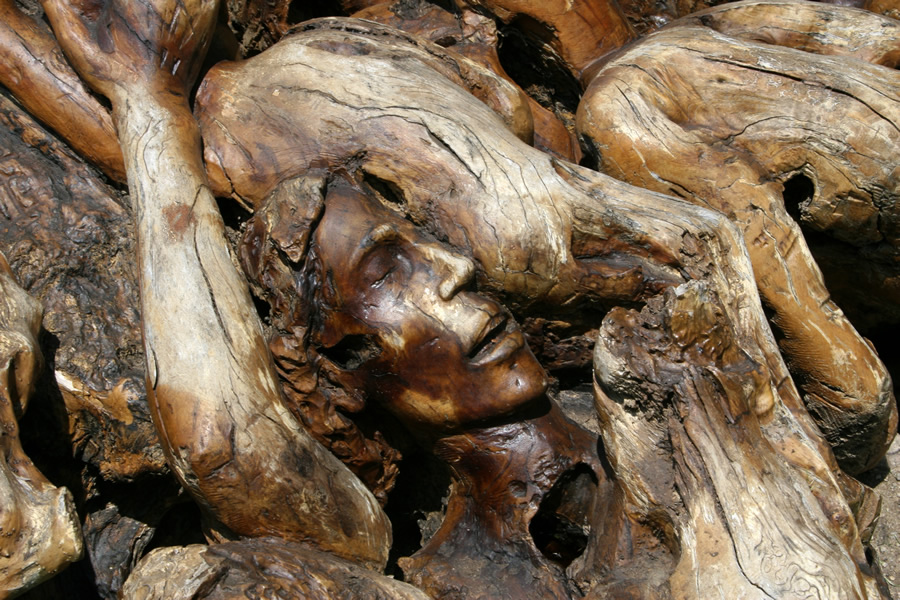
Second Sunday of Advent
12-07-2025Weekly ReflectionFr. Leonard F. VillaAdvent
Heavenly Word, proceeding from the bosom of the Eternal Father, Thou wast born and didst come to the aid of the world, in the fleeting course of time. Enlighten now our hearts and kindle them with Your love; so that the heart, letting go of passing things, the joys of heaven may fill; That when the tribunal of the Judge will condemn the wicked to the flame, a friendly voice will call the just to heaven promised May we not be whirled about in the turbines of the dark whirlpool, the food of flames, but sharing in the vision of God, we may enjoy heavenly happiness To God the Father, with the Son and to Thee, Holy Spirit, may there ever be, as has ever been, glory forever and ever. Amen.
READ MORE
About Mary You Can Never Say Enough (De Maria Numquam Satis) St Bernard of Clairvaux
11-30-2025Weekly ReflectionFr. Leonard F. VillaPope Benedict, before he was Pope, as Cardinal Ratzinger, commented on the title of this essay in a book called The Ratzinger Report pages 105-109. About this saying he said: It seemed exaggerated to me. So, it was difficult for me to understand the true meaning of another famous expression…the declaration that designated the Virgin Mary as the “conqueror of all heresies.”
READ MORE
Act of Consecration of the Human Race, to Jesus Christ King
11-23-2025Weekly ReflectionFr. Leonard F. VillaMost sweet Jesus, Redeemer of the human race, look down upon us humbly prostrate before you. We are yours, and yours we wish to be; but to be more surely united with you, behold each one of us freely consecrates himself today to your Most Sacred Heart. Many indeed have never known you; many, too, despising your precepts, have rejected you. Have mercy on them all, most merciful Jesus, and draw them to your Sacred Heart. Be King, O Lord, not only of the faithful who have never forsaken you, but also of the prodigal children who have abandoned you; grant that they may quickly return to their Father's house, lest they die of wretchedness and hunger.
READ MORE
Consideration in Fraternal Correction (Correcting the Sinner)
11-09-2025Weekly ReflectionMsgr. Charles PopeTo correct the sinner is one of the spiritual works of mercy. Fraternal correction is so important to the health of individuals, the family, the Church, and even nations, that some further reflection is in order. The correction of a sinner is complex and difficult to accomplish well. Many avoid it entirely, especially due to these hypersensitive times, when some people base their very identity on their sins. Many take correction very personally, even labeling it “hate speech.” Those who dare to correct are often shamed for doing so and accused of “judging.”
READ MORE
The Four Last Things: Death, Judgment, Heaven, Hell
11-02-2025Weekly ReflectionFr. Leonard F. VillaIn November the parish priest is counseled to teach about the four last things: death, judgment, heaven, hell. The absolute definition of death is the separation of the immortal soul from the body. This is a temporary situation. Upon death, that person is judged immediately. This is called the particular judgment, that is, particular to that person. There will be a general judgment, when Christ returns to judge all the living and the dead. Evil will be completely defeated and Christ’s kingdom completely established. This is also known as the Day of the Lord or simply “the Day.” At that time human beings will be reunited with their bodies in the general resurrection: some to eternal life, some to eternal punishment. This judgment will come at the end of the world and only God knows the day and the hour.
READ MORE